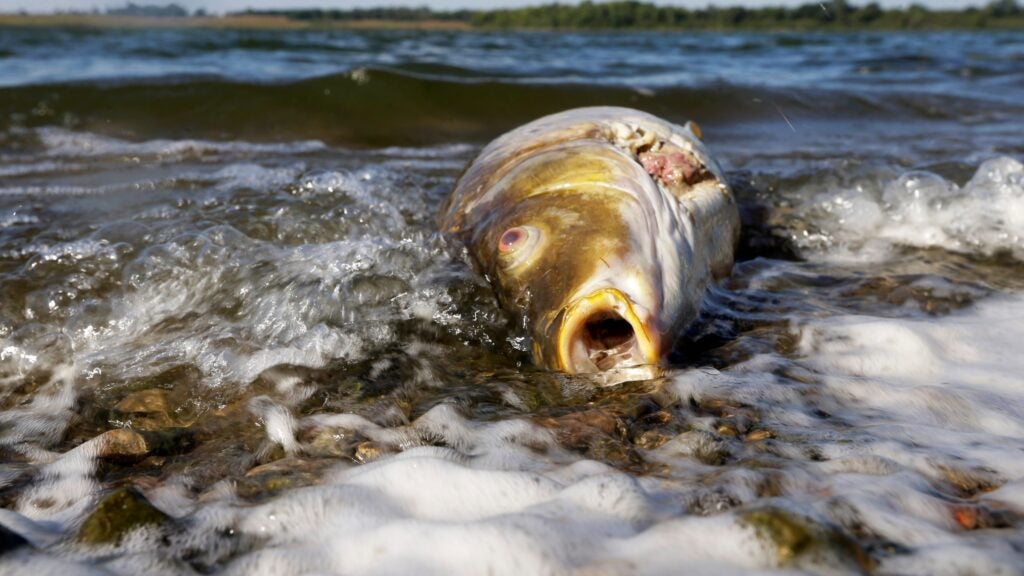TSAMP
WKR
- Joined
- Jul 16, 2019
- Messages
- 1,460
So I came across this article today. The short version is its highlighting the damage livestock waste & fertilizer does to the drinking water. Not just for Iowa but those downstream as well.
Multiple comments in this article I found thought provoking and interesting. I'm posting it to hear thoughts from others. This has been on my radar for awhile with a close friend who works in wastewater. I don't particularly consider myself a climate change fanatic or any of that, but I do take notice of any group who seems to be considered beyond reproach, and in our case In Iowa farmers are high on that list.
One particular quote from it is below
"Earlier this year, the state released a report revealing that Iowa has the second-highest cancer rate in the country (behind Kentucky), and is the only state with a rising rate of cancer. Nitrate in drinking water can increase the risks of colon, kidney, and stomach cancers, but the word “nitrate” is nowhere to be found in the report. What’s your assessment of how the state has addressed water quality as a public health "
Nitrates causing cancer aside, you cannot deny our waters are in far worse shape than our neighbors. Look how many of us Iowans head north to enjoy our neighboring states lakes and streams.

 www.outsideonline.com
www.outsideonline.com
Multiple comments in this article I found thought provoking and interesting. I'm posting it to hear thoughts from others. This has been on my radar for awhile with a close friend who works in wastewater. I don't particularly consider myself a climate change fanatic or any of that, but I do take notice of any group who seems to be considered beyond reproach, and in our case In Iowa farmers are high on that list.
One particular quote from it is below
"Earlier this year, the state released a report revealing that Iowa has the second-highest cancer rate in the country (behind Kentucky), and is the only state with a rising rate of cancer. Nitrate in drinking water can increase the risks of colon, kidney, and stomach cancers, but the word “nitrate” is nowhere to be found in the report. What’s your assessment of how the state has addressed water quality as a public health "
Nitrates causing cancer aside, you cannot deny our waters are in far worse shape than our neighbors. Look how many of us Iowans head north to enjoy our neighboring states lakes and streams.

Hog Poop from Iowa Is Polluting Your Water
In his new book ‘The Swine Republic,’ environmental scientist Chris Jones tells hard truths about Iowa’s agricultural industry and how its farming practices contaminate water thousands of miles away

